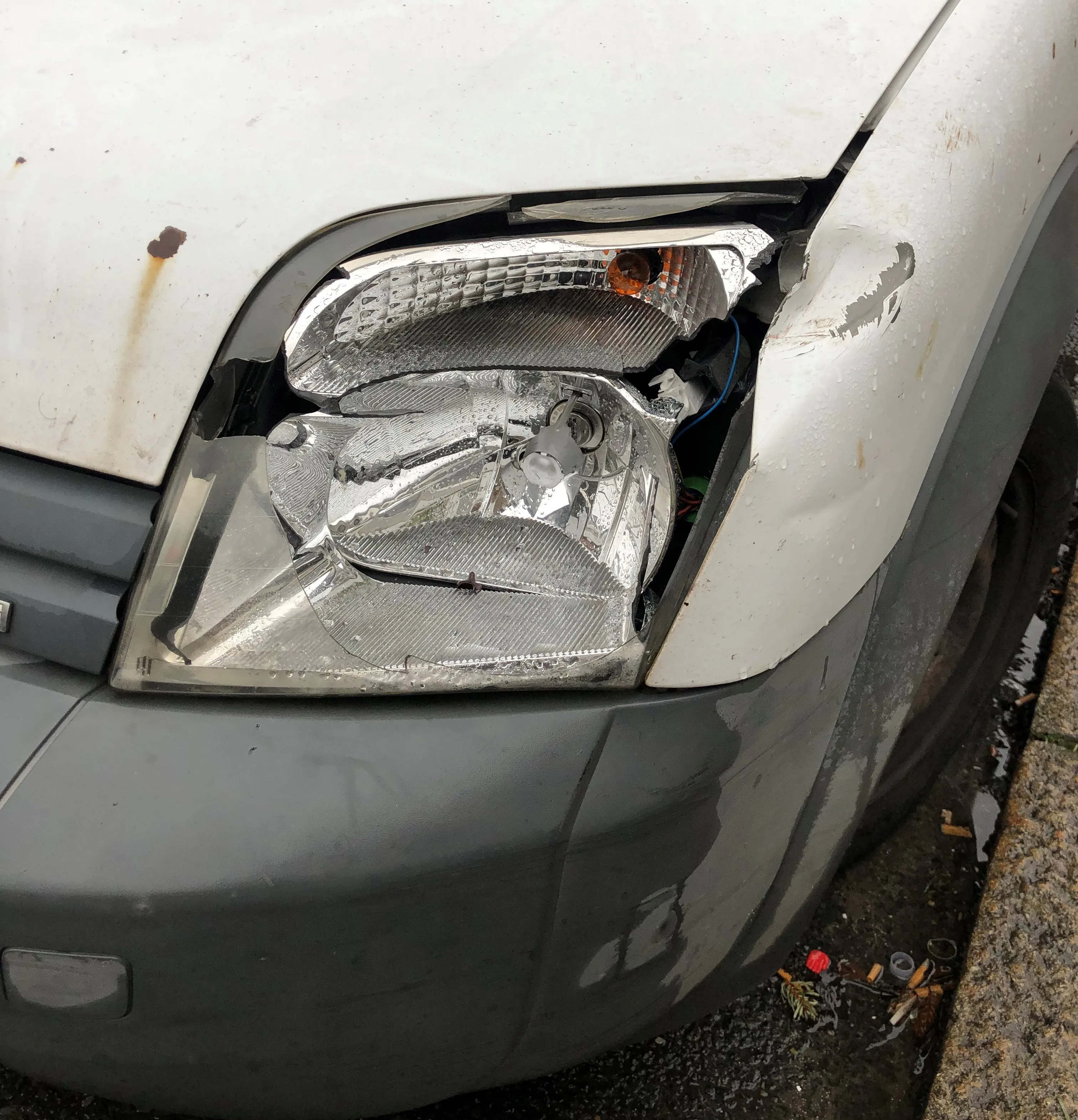Estonia and Ireland's 2010 Road Safety PIN Awards followed wide-ranging efforts to reduce road deaths. In Estonia, road mortality has been halved from 146 deaths per million inhabitants in 2001 to 75 in 2009 (although still above the EU27 average of 70).
February 15, 2012
Read time: 2 mins

Estonia and Ireland's 2010 Road Safety PIN Awards followed wide-ranging efforts to reduce road deaths.
In Estonia, road mortality has been halved from 146 deaths per million inhabitants in 2001 to 75 in 2009 (although still above the EU27 average of 70).
Since the recent recognition to tackle road safety by the Estonian government progress has been fast. Reasons for this recent improvement are manifold. Fines for major traffic offences, in particular speeding and driving under the influence, were increased and police enforcement was intensified in combination with awareness and education campaigns while the2666 Estonian Road Administration conducted an extensive high risk site removal scheme in the last four years but more investment is needed to separate high-speed traffic and pedestrian flows, move more traffic away from rural roads to motorways or install median barriers on dual carriageway roads.
Estonia has achieved a great success, but to leave the group of countries with a higher level of road mortality new measures must be taken. Speeding is a major concern and poses a particularly grave threat to vulnerable road users. The 16 safety cameras installed in 2009 should grow into a nationwide automated safety camera network covering more of the high risk sites. While the use of front seat belts has become more widespread (88%), wearing levels are still disturbingly low on the rear seats (63%).
Since 2001 Ireland has seen a rapid improvement in road safety, with deaths down by 41%. It is now seventh out of 27 EU Member States in road deaths per million population, achieving a 14% reduction in 2009 totaling a 41% reduction since 2001. Road deaths by per million population were cut by half from 107 in 2001 to 54 in 2009.
Ireland's success was built largely on the adoption and effective implementation of Government Road Safety Strategic Plans 1998-2006 and 2007-2012. With 241 people killed in 2009 (411 in 2001) the national target has been achieved ahead of the 2012 deadline.
One of the most important measures was the introduction of mandatory alcohol testing in 2006 and tougher penalties for drink-driving offences in 2007.
The new roll out of safety cameras show that the government is also committed to further reduce speeding, which was directly responsible for 80 deaths on Irish roads last year. It is also a factor in the remaining 160 deaths and 1,000 serious injuries.
In Estonia, road mortality has been halved from 146 deaths per million inhabitants in 2001 to 75 in 2009 (although still above the EU27 average of 70).
Since the recent recognition to tackle road safety by the Estonian government progress has been fast. Reasons for this recent improvement are manifold. Fines for major traffic offences, in particular speeding and driving under the influence, were increased and police enforcement was intensified in combination with awareness and education campaigns while the
Estonia has achieved a great success, but to leave the group of countries with a higher level of road mortality new measures must be taken. Speeding is a major concern and poses a particularly grave threat to vulnerable road users. The 16 safety cameras installed in 2009 should grow into a nationwide automated safety camera network covering more of the high risk sites. While the use of front seat belts has become more widespread (88%), wearing levels are still disturbingly low on the rear seats (63%).
Since 2001 Ireland has seen a rapid improvement in road safety, with deaths down by 41%. It is now seventh out of 27 EU Member States in road deaths per million population, achieving a 14% reduction in 2009 totaling a 41% reduction since 2001. Road deaths by per million population were cut by half from 107 in 2001 to 54 in 2009.
Ireland's success was built largely on the adoption and effective implementation of Government Road Safety Strategic Plans 1998-2006 and 2007-2012. With 241 people killed in 2009 (411 in 2001) the national target has been achieved ahead of the 2012 deadline.
One of the most important measures was the introduction of mandatory alcohol testing in 2006 and tougher penalties for drink-driving offences in 2007.
The new roll out of safety cameras show that the government is also committed to further reduce speeding, which was directly responsible for 80 deaths on Irish roads last year. It is also a factor in the remaining 160 deaths and 1,000 serious injuries.






